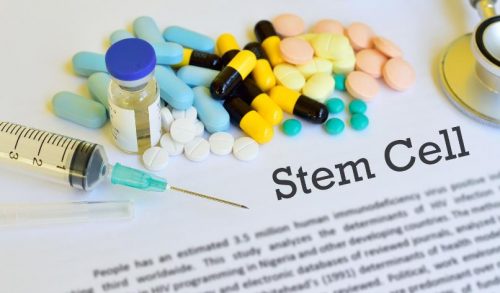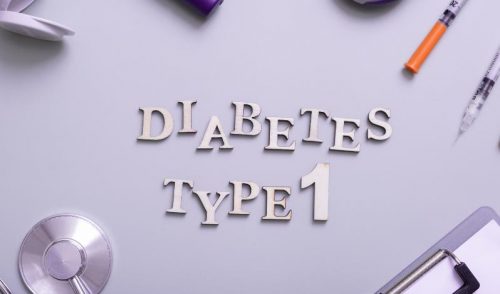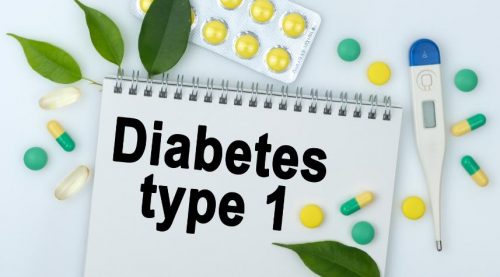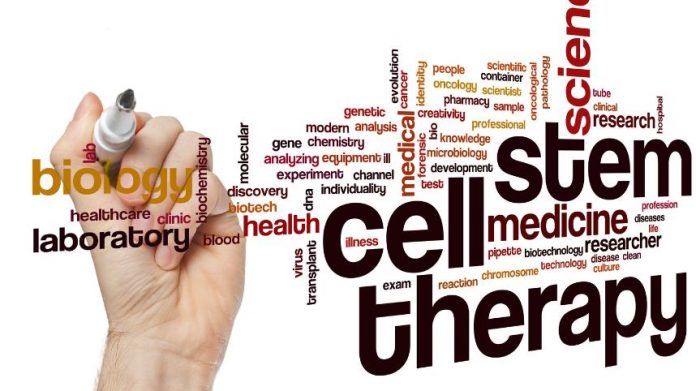Table of Contents
Diabetes is a chronic health condition that affects the human body’s ability to convert food into energy. The human body breaks down food into glucose that’s released into the bloodstream. This leads to increased blood sugar level, which then triggers an insulin release resulting in the blood sugar entering cells and being used as energy.
When an individual is suffering from diabetes, their body either does not produce enough insulin or doesn’t use it effectively. Recent figures have shown that over 37 million people in the United States (US) suffer from diabetes. In this article, we will examine how stem cell therapy can be used as a potential alternative to insulin therapy for type 1 diabetes.
A Potential Alternative to Insulin Therapy for Type 1 Diabetes Is Stem Cell Therapy
The unique challenges of T1D and current treatment options
Type 1 diabetes (T1D) prevents the pancreas from producing insulin. Some common symptoms of T1D include excessive thirst and hunger, blurred vision, vaginal yeast infection, and fatigue. Research has shown that T1D patients often experience significant complications pertaining to mortality and quality of life.
 Approaches such as new insulin formations and innovative devices are actively being used to address these challenges and facilitate diabetes management.
Approaches such as new insulin formations and innovative devices are actively being used to address these challenges and facilitate diabetes management.
Common examples of such devices include insulin pumps and improved glucose monitoring systems that have better accuracy.
These treatments have led to better control and improved quality of life for those suffering from T1D. Studies suggest T1D patients can only gain independence from such approaches when stem cell-based biological treatments are utilized. Although such treatments are challenging, they continue to be the biggest hope for T1D patients.
Understanding stem cells: types, properties, and applications
Stem cells aid in the regeneration of damaged tissues. This regenerative property is what makes stem cells an attractive option to professionals seeking the development of medical treatments that replace lost or damaged cells.
The different types of stem cells include:
- Embryonic stem cells
- Adult stem cells
- Induced pluripotent stem cells (iPS)
- Mesenchymal stem cells (MSCs)
Stem cells, due to their regenerative and healing capabilities, lead to the development of treatment options that either cure certain diseases like T1D or improve the quality of life of the affected. Current applications of stem cells include:
- Tissue Regeneration – stem cells can be guided into becoming a specific type of cell which then leads to the regeneration or repair of tissues damaged due to diseases.
- Cardiovascular Disease Treatments – Research studies have shown that the use of MSCs and iPS cells may help address molecular mechanisms pertaining to cardiovascular conditions and aid in the development of therapies for ischemic heart disease.
- Brain Diseases Treatments – Stem cells can also help repair damaged brain cells and serve as a potential treatment option for those suffering from Alzheimer’s and Parkinson’s disease.
- Blood Disease Treatment – Adult stem cells capable of producing red and white blood cells can be used as a treatment option for immunodeficiency, sickle cell anaemia, and cancer.
The role of stem cells in T1D management
T1D is a chronic disease resulting in inadequate or a lack of insulin production. MSCs are becoming a promising treatment option for T1D as their discovery has allowed modification to cell fate and the development of higher-order cellular structures.


Current research and progress in stem cell therapy for T1D
Stem cell therapy for diabetes is a revolutionary approach as it can lower glucose levels and insulin requirements. As of now, medical professionals have determined that MSCs may be able to differentiate into insulin-producing cells resulting in improved blood sugar control for those suffering from T1D.
The approach may be limited due to various factors such as methods of collection, cell activity with age, and proliferation rate. However, stem cells may serve as an alternative to insulin therapy for type 1 diabetes.
The future of stem cell therapy in T1D management


Conclusion
T1D is a medical condition affecting the body’s ability to convert food into energy. Those suffering from T1D experience mortality and quality of life complications. Studies have suggested stem cells may aid diabetes management. Although current options have limited applicability, future efforts may lead to stem cells becoming a promising treatment option for T1D.






































